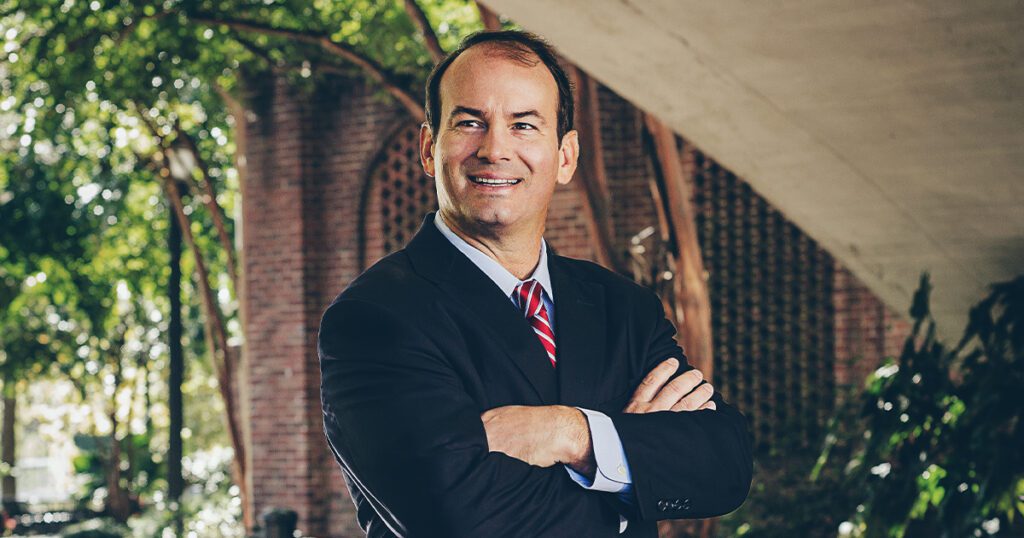Wyche Inside IP
By Meliah Bowers Jefferson
Speculation, and some anticipation, is running high that Congress will take action to implement concrete patent law reform in the coming year. Spawned by what some have argued to be a problem caused by litigation initiated by non-practicing entities, otherwise known as “patent trolls,” the United States House of Representatives passed the Innovation Act of 2013 on December 5, 2013. The Innovation Act proposed to regulate patent ownership transparency, modify patent enforcement procedures, and include more consumer protection mechanisms to reduce abusive patent practices. The Innovation Act would require plaintiffs to provide more specificity regarding the particular patent at issue and the alleged infringement. Patent plaintiffs would also be required to disclose all holders of a financial interest in the patent at issue in the litigation. The Innovation Act also contained a fee shifting provision awarding reasonable fees and expenses to the prevailing party absent a finding of justification for the litigation. Most notably, under the bill, manufacturers would be able to assume litigation on their customer’s behalf in an effort to prevent lawsuits against small businesses or individuals.
The Patent Transparency and Improvements Act of 2013, sponsored in the United States Senate by Senate Judiciary Chairman Patrick Leahy, had goals similar to the Innovation Act in that the Senate bill also proposed patent ownership transparency and consumer protection mechanisms. Some proponents of the bill also praised its efforts to mandate requirements to include “basic information,” comparable to the heightened pleading requirements, about the patent-in-suit in demand letters. However, the Senate bill did not include any procedural reforms to litigation practice. The Patent Transparency and Improvements Act never made it out of committee.
Now, on the heels of several United States Supreme Court patent law decisions including one effecting the process of invalidating patents on the basis of indefiniteness and two others giving district courts more latitude to shift fees to prevailing defendants, the Republican led Congress and President Obama may be set to pass some measure of patent law reform – albeit the only legislation that may get passed this session. While this may provide some level of political victory or visceral satisfaction, it all begs to question whether any of the patent reform bills as currently framed actually address the root of the issue. Effective patent reform must begin with substantive changes in patent prosecution.






